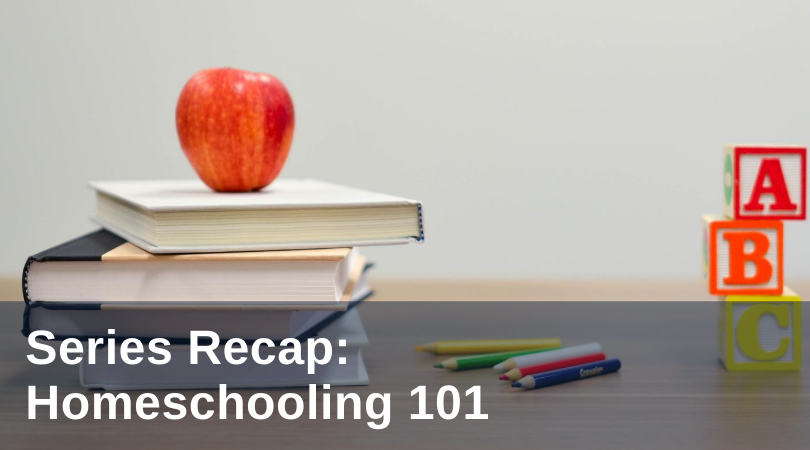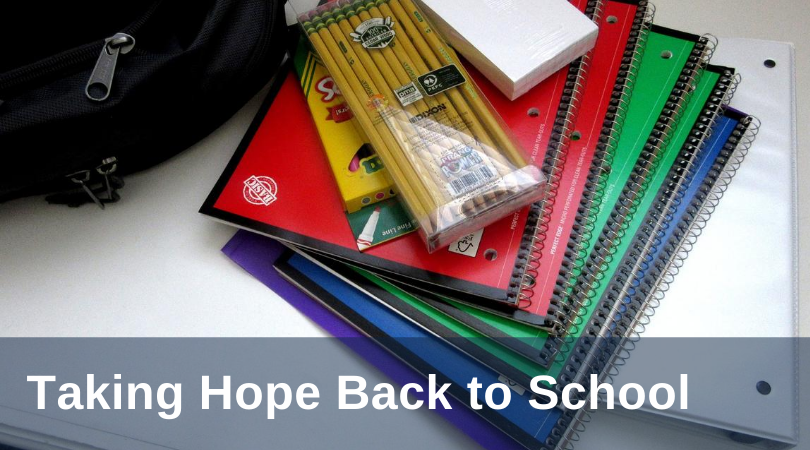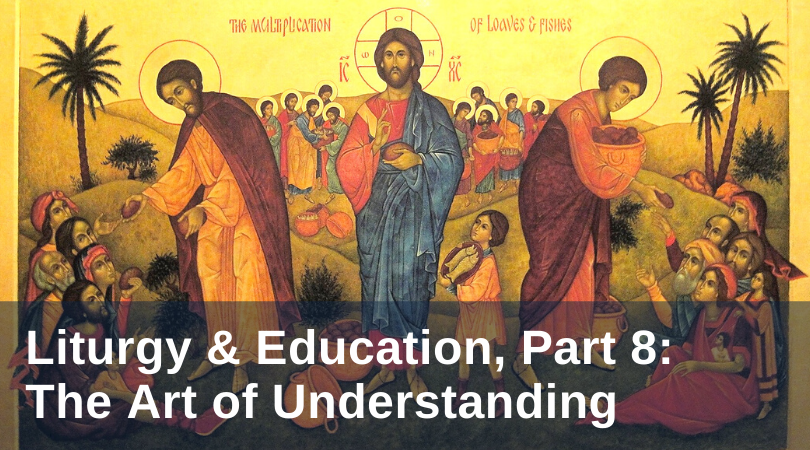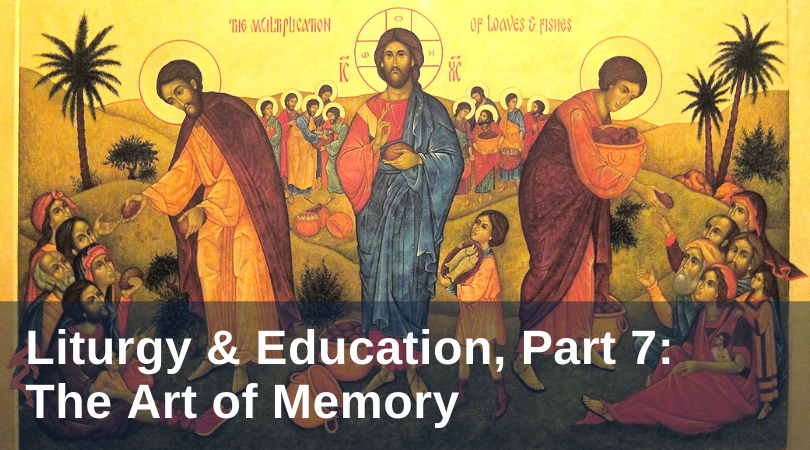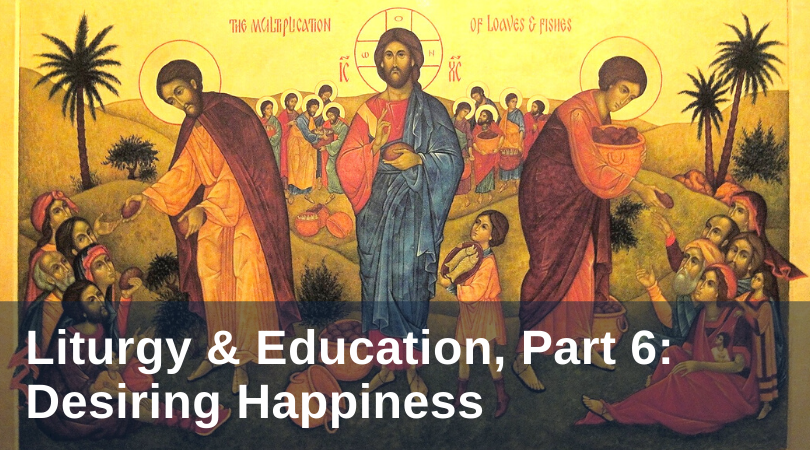After having made the transition from in-person to online education this past spring, many parents have spent the summer grappling with the decision of whether to send their children back to school—either in-person or virtually—or to homeschool them. For those who have opted for the latter, the beginning of this school year may seem like a daunting prospect; however, this four-part series by McGrath Institute staff member and long-time homechooler Caroline Murphy offers ways to approach this form of education that can help enrich both the educational experience and life at home, while preserving the mental wherewithal of both parents and children.
Topics: education, coronavirus, COVID-19 Resources, homeschooling, educational resources
Going ‘back to school’ always involves a transition for families and educators, but this year it will be even more challenging. Families returning to traditional, in-person schooling will need extra face masks, hand sanitizer, and cleaning wipes, in addition to the usual school supplies and back-to-school clothing. Families transitioning to new modes of schooling—whether online instruction, homeschooling, or “pandemic pods” (i.e., education co-ops)—will need to develop new routines, practices, and relationships to make learning both effective and sustainable. And educators, regardless of who, where, and how they will be teaching, will need both creativity and grit as they flexibly adapt to changing conditions when teaching and connecting with their students. Given all this, something everyone will need and benefit from taking back to school this year is hope.
Topics: Congregation of Holy Cross, Cross, education, Hope, school, coronavirus, COVID-19 Resources, Basil Moreau, C.S.C.
Liturgy and Education, Part 8: The Art of Understanding
In our previous post for this series, we attended to the art of memory as the cultivation of the imagination. Such memory is liturgical insofar as it enables us to perceive the “more” that is given in creation. An education devoid of memory makes it difficult to perceive the world in its richness.
Topics: liturgy, education, liturgy and education
Liturgy and Education, Part 7: The Art of Memory
A Catholic school becomes liturgical insofar as it understands learning as necessitating both wonder and desire. The school must be a contemplative space rather than imitating the frenetic quality of modern life.
Topics: Catholic education, Catholic imagination, education, liturgical formation, liturgy and education
Liturgy and Education, Part 6: Desiring Happiness
In the last contribution to this series, I addressed the need for a liturgical interruption relative to Catholic school curricula. These curricula often presume that human beings are made for work and thus contribution to industry. This assumption is at the heart of STEM curricula. A ST(R)E(A)M curriculum simply adds religion and arts to the mix, without awareness that this addition might upset the whole basis of the curriculum to begin with.
Topics: liturgy, education, Liturgy Week, Catholic schools, liturgy and education

